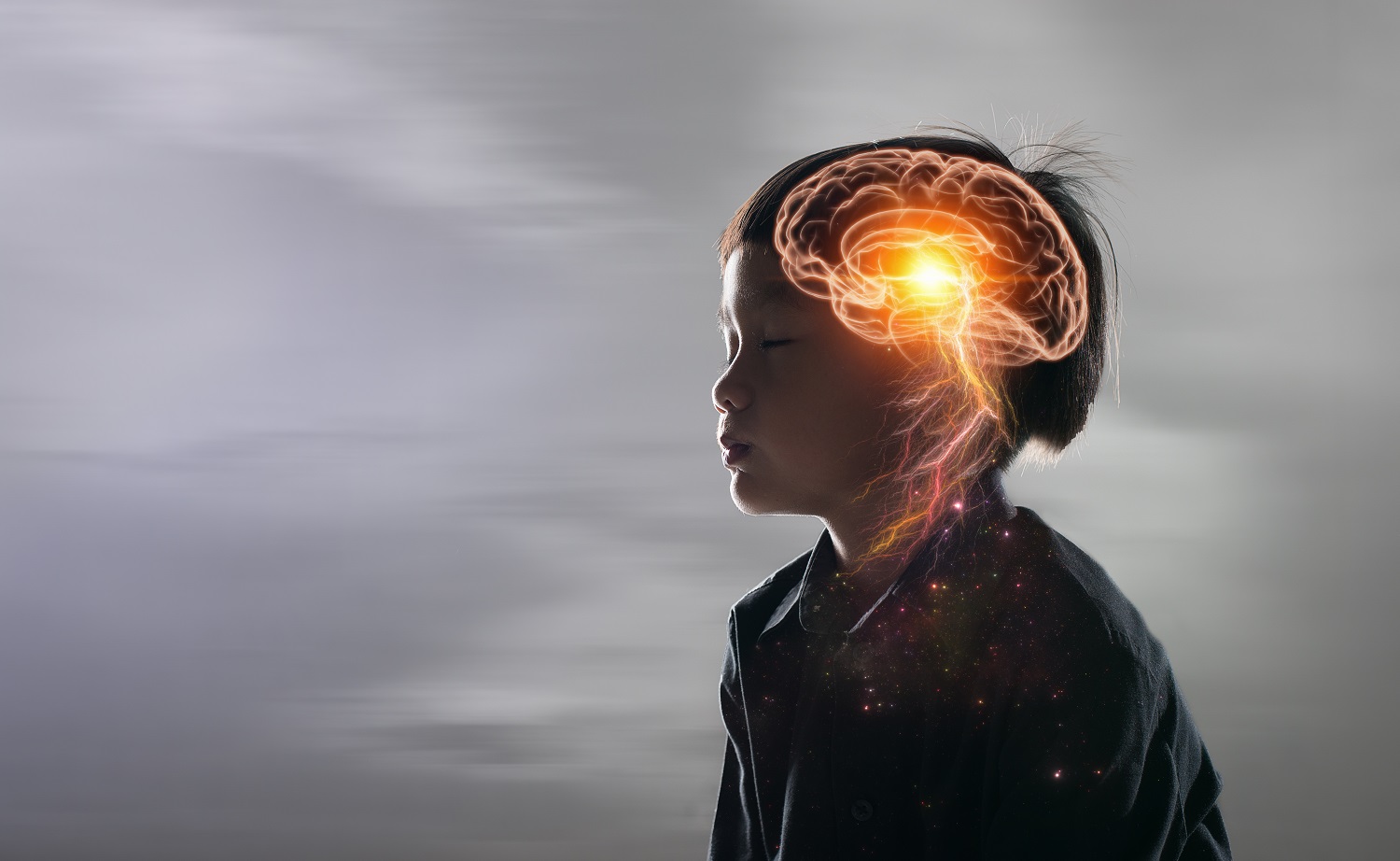Digital devices dramatically influence the modern human lifestyle. We spend a large amount of time online, and handheld devices have become an integral part of human nature. We look at digital screens when we are working. We look at them when we are at home. We communicate with cellphones, track health with electronic fitness trackers, and so on. We depend on technology without mindful of its effects on our mental and physical health. We need to be aware of the costs of technology. This article discusses the adverse effects of technology overuse and the ways it is helping in healthcare.

Sleep is a simple everyday process but vital for a healthy body. Although continuously monitoring vital signs is beneficial for people because it makes them aware of their health and assumes more responsibility, excessive screen time, especially at night, is harmful. Perhaps the most dramatic impact of excessive screen use is the reduction in the amount of sleep. This may be due to recurrent disruptions during sleep from texts and social media notifications. Blue light decreases the sleep-regulating hormone melatonin and lowers leptin, which makes you feel full. Simultaneously, blue light elevates ghrelin levels, which makes you feel hungry.
Consequently, the more time we spend with screens, the more disturbed our sleep cycles will be. We will rarely feel full and always be hungry and crave more food. This sedentary lifestyle can make us gain weight. Experts advise turning bedrooms into safe spaces where there are no electronic devices to allow people seven to nine hours of quality sleep. This idea of essential sleep is fundamental for children to cultivate good habits early in childhood.
Understand the feelings of other people is essential for society. But the emotional attachment is on the decline due to a decrease in face-to-face interactions. Face-to-face interaction creates a sense of bonding. However, we can observe that most of our daily communication is through email, text, or voice. The situation is further exacerbated when people do interact physically, but they are too distracted. For example, when families spend time together, instead of talking, everyone uses their device. Similarly, a group of friends text each other frequently, regularly voice and video chat but still use their cell phones when they meet. This general lack of emotional connection is making society apathetic.
The modern lifestyle is all about multitasking. However, experts believe that the human brain finds it hard to process multiple things at once. The brain can change in response to how we use technology. People are losing focused concentration due to multitasking. Similarly, employees are expected to do multitasking all the time. They are required to be responsive even after office hours and reply to emails whenever required. Due to great expectations, people cannot keep up. Businesses must make sure that their employees take breaks after spending hours in front of a computer screen. It is estimated that 1 in 10 adults have attention deficit hyperactivity disorder. The disorder can make it difficult to concentrate on one thing for a prolonged time. Experts suspect that the internet is responsible for such large numbers of ADHD. Internet use has been linked to an increase in the number of kids with the disorder. However, no direct evidence is available that says the internet causes ADHD in an otherwise healthy person.
The human obsession with digital technology is turning into an addiction. Some experts consider digital addiction as dangerous as cigarettes. Digital addiction comprises the phone, internet, and social media addiction. Phone addiction occurs due to smartphone overuse. It is a dependence syndrome and a clinical addiction. Internet addiction or pathological internet use is defined as an impulse control disorder. Although Social media addiction is not recognized medically, overuse of Facebook has been linked to decreased feelings of satisfaction and happiness. It involves a higher risk of overspending due to online shopping, gambling, and gaming. Some people feel a constant urge to document their lives on social media platforms such as Facebook, Twitter, Instagram, and Snapchat, causing clinical depression.
While technology improves mental health via smartphones and computer applications, recent studies say that social media cause problems of mental health, such as anxiety and depression. The development of mental health conditions such as anxiety and depression in certain people is attributed to technology’s overuse. Research has shown a link to social media websites, such as Facebook, Twitter, and Instagram. A study found that younger adults who frequently use Facebook as a social networking site tended to be less satisfied. Social media sites can trigger low self-esteem feelings. Internet addiction can have negative consequences on academic success and the ability to communicate effectively in person.
The future of healthcare will be changed by artificial intelligence, machine training, profound learning, blockchain, mobile apps, wearables, and many other advances. The operational efficiency of digital technology compared to medical standards has been greatly improved. Professionals in healthcare now can access patient data from anywhere. Big data helps physicians to assess risk factors and to prescribe more appropriate preventive/intervention action. Through email, smartphone, text, and teleconference communication, health care workers can keep in touch. In the field of patient medical records, the introduction of digital technology has been a success.
This transformation has greatly improved healthcare practitioners’ and patients’ overall experience. For both healthcare providers and patients, electronic health records have facilitated life. The cost-effectiveness of telemedicine/telehealth can assist in determining who needs emergency relief. Online Education has eliminated the need to travel long distances. Health applications allow patients to monitor their health and disease and to obtain test results. The technology offers access to mental health services online. Counselors can, for example, easily reach their patients online. Online advice is better than face-to-face consultation for a study.